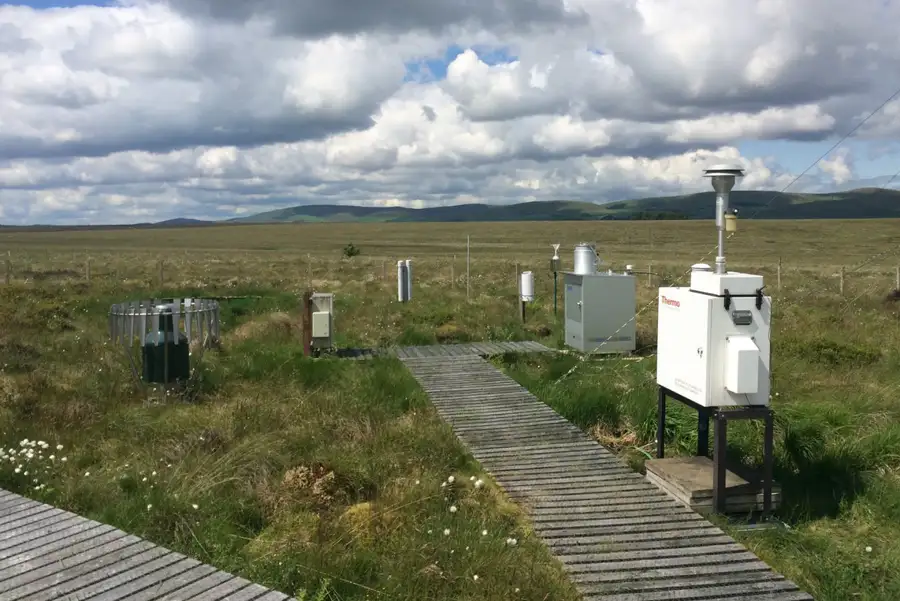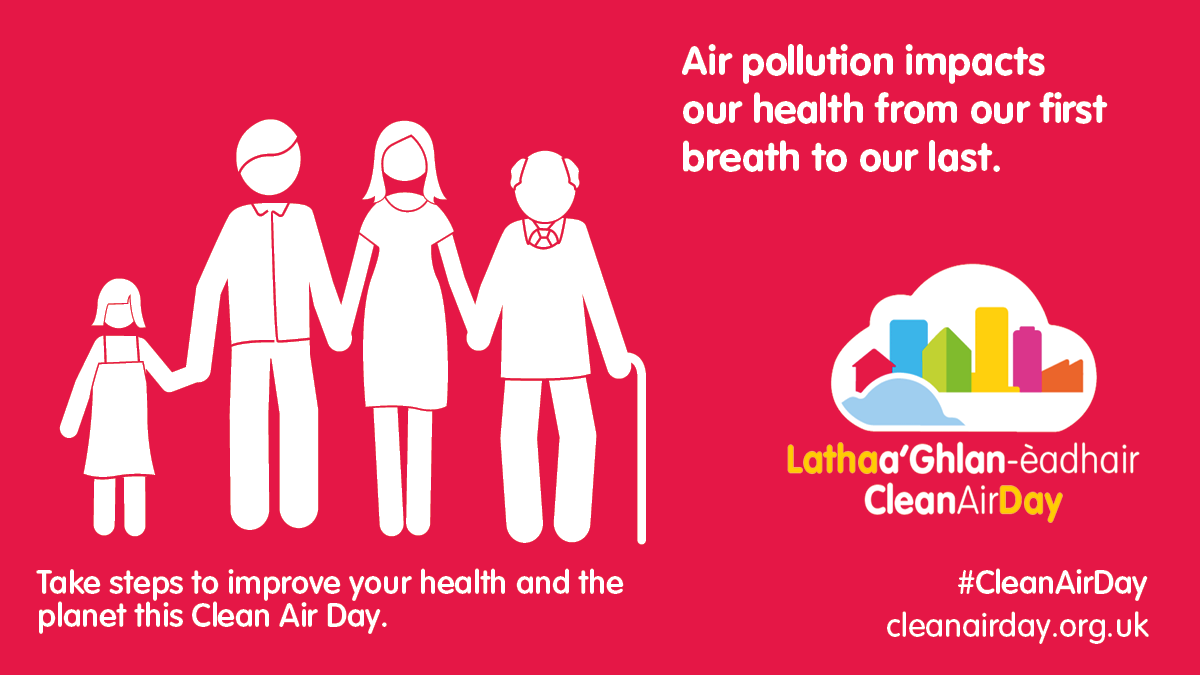An update on diet and healthy weight consultations was given to The Scottish Parliament by Jenni Minto The Minister for Public Health and Women’s Health on 30 May, announcing that in the autumn the Scottish Government will undertake a consultation on regulations to restrict promotions of foods high in fat, sugar and salt (HFSS) instead of introducing the public health (restriction of promotions) bill.
Further to this, the minister also announced plans to halt mandatory restricted age sales for energy drinks as well as stopping plans for hospitality venues having to display calorie information on menus.
In Jenni Minto’s statement it was confirmed that the Scottish Government will no longer introduce the Public Health (Restriction of Promotions) Bill and will now proceed directly to consult on the detail of proposed regulations and plans for implementation this autumn. This means that regulations will be laid sooner than would have otherwise been possible, subject to the outcomes of the consultation. The minister stated this is a more “direct and efficient” route to deliver the policy.
The plans to put calorie information on menus have been paused, while further analysis into the impact of the measure on those with eating disorders is undertaken. Public Health Scotland is expected to publish the results of that work in October.
Jenni Minto also revealed the government will not take forward proposals to ban the sale of energy drinks to under-16s. The minister said that following the consultation on energy drinks, there was not sufficient evidence to introduce a ban on sales to children and the government would instead “continue to support” voluntary measures.
To read the full statement see here.









